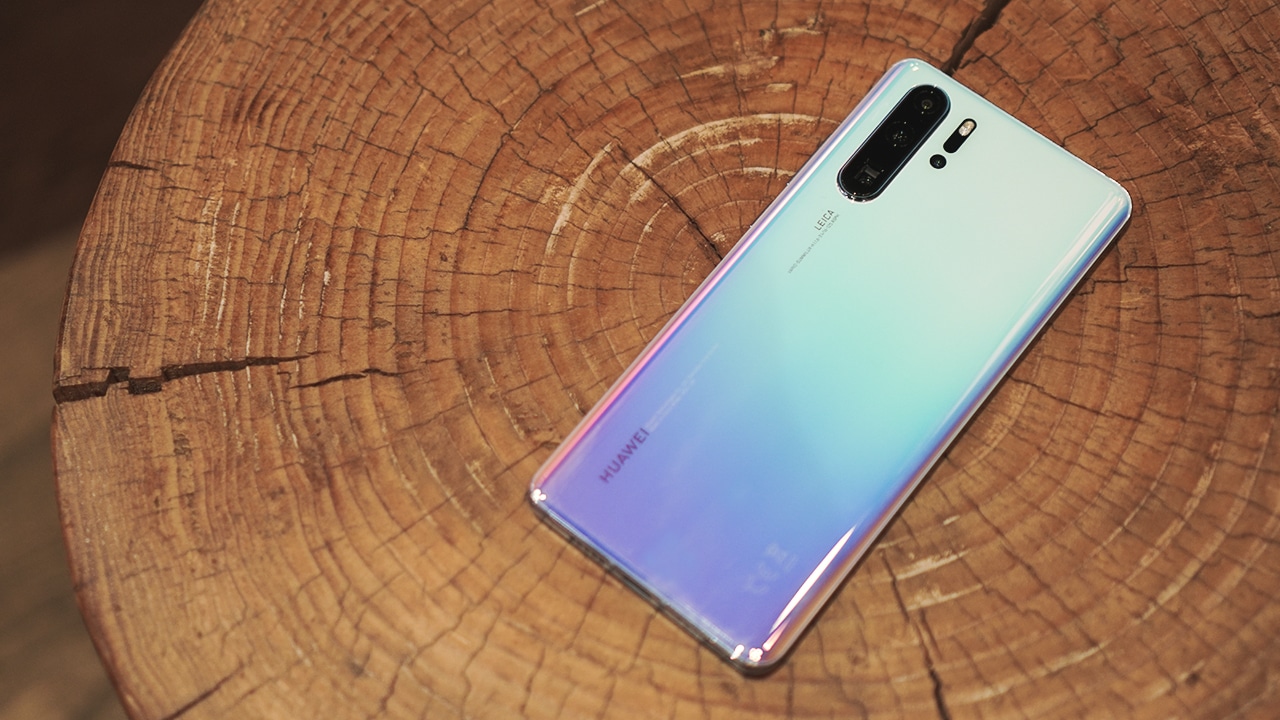Enterprise
Huawei files court case against American ban
Declares new ban a violation of due process

Yesterday, Huawei’s founder Ren Zhengfei emphatically implicated American politicians in the plot against his company. Rather than the banning companies, Huawei is directing its ire against the banning country. Naturally, a retaliation is forthcoming.
Today, Huawei has finally executed a plan of action. Through a press conference in China, the company has announced legal action against the US government. Huawei’s legal team has filed a motion for summary judgement.
The motion specifically targets a previous law enacted last year. The National Defense Authorization Act prohibits government agencies and officials from owning or purchasing Huawei’s devices. Arguably, the law paved the way for today’s more conclusive ban. According to Huawei, the government uses the same law to prevent third-party companies from doing business with the Chinese company.
In March, Huawei filed the first case against this law, declaring it unconstitutional. However, the company’s legal action didn’t go far, ending up in legal limbo. Because of the recent ban, Huawei is doubling down on this defense.
According to the latest motion, Huawei is accusing the American government of brazenly accusing the company without evidence. Further, the American law does not provide the company with any time for a rebuttal. The law immediately assumes Huawei’s guilt, enacting harsh and unwarranted punishments. Huawei vehemently denies all accusations.
Further, Huawei argues against the law’s practicality. According a statement, the company works only for the improvement of the world’s telecommunications industry. Supposedly, the American ban will only impede the country’s technological growth in the 5G playing field.
As a result, Huawei’s motion for summary judgement will hopefully speed up the judicial process. Naturally, American lawmakers are working to bury this motion. However, the American judiciary system has granted Huawei a chance. The Eastern District of Texas court has scheduled a hearing on September 19.
Currently, Huawei is banking on judicial intervention and a potential Trump deal in the future. Regardless, the company is also working on the worst case scenario, creating alternative components.

For the longest time, Google kept Pixel and Android behind two different teams. While the Pixel team dealt with devices made by and for the brand, the Android team ships a product meant for brands outside of the company’s purview. However, the days of separation are at an end. Google is officially merging its Pixel and Android teams together.
In a shocking announcement, the company has confirmed that the teams handling hardware and software will fall under a single team headed by Rick Osterloh. Prior to the merge, Osterloh was the senior vice president of devices and service, which was Google’s hardware branch. He will now oversee both hardware and software.
Because of the new leadership change, Hiroshi Lockheimer, former head of Android, will now move on to other projects within Alphabet. Of note, the change is not harsh for Lockheimer. He and Osterloh had been contemplating on the merge for a while.
Now, why the change? As is the case with everything today, it’s all because of AI. Speaking to The Verge, Osterloh explains that the merge will help with “full-stack innovation.” With how technology is these days, it’s now impossible to develop AI without having a close eye on hardware, such as in Google’s AI developments for the Pixel camera. Merging the teams will help streamline development, especially when hardware is involved.
Despite the change, outside brands, like Qualcomm’s Cristiano Amon, remains confident of Android’s capabilities outside of Google. Just expect more AI coming out in the near future.

The ongoing trade war between the United States and China is putting a lot of companies out of business in one country. While all eyes are currently on America’s crusade against TikTok, China has launched a salvo of its own. The country has started banning AMD and Intel, starting with government devices.
Recently, as reported by the Financial Times, China has introduced a new rule that bans American chipsets and servers from government agencies. The new ban includes AMD, Intel, and Microsoft Windows.
In lieu of the now-banned brands, Chinese government agencies must use approved brands from a list of 18 Chinese manufacturers. Unsurprisingly, the list includes Huawei, another brand involved in the ongoing trade war. (Huawei is still banned on American soil.)
As with bans from America, China’s latest rules stem from a desire to implement national security. Both countries allege that using brands from the opposing side will open a potential avenue for transferring classified information.
Currently, the ban against the American chipsets are only affecting government devices. However, if it follows the same trajectory as Huawei and TikTok in the United States, a government-only ban might soon lead to an all-out ban on consumer devices. As TikTok is currently hanging in the balance, it’s unlikely that the trade wars will cool down anytime soon.

So far, Apple’s greatest enemy has been the European Union. Months and months of claiming that the company engages in anti-competitive practices, the region has successfully caused Apple to drastically change a lot of things about the iPhone including the Lightning cable. Now, a new challenger wants Apple to answer for its supposed grip on the industry: the United States government.
Today, the Department of Justice is officially suing Apple for supposedly monopolizing the smartphone industry and stifling competition. The lawsuit alleges that Apple’s lineup of products prevent users from trying out other brands. For example, Apple limits how well a third-party smartwatch works on an iPhone, pushing users to go for an Apple Watch instead.
The lawsuit also includes an important pain point in Apple’s fight in Europe. It says that the company makes it difficult for iPhone users to communicate with Android users (and vice versa). Late last year, the company already committed to supporting RCS as a messaging standard, finally easing communication between the two systems. Their adoption has yet to arrive, though.
Though not as stringent as Europe, the American government is no slouch when it comes to questioning its own companies for pursuing anti-competitive practices. In the past, it went through Google and Spotify to protect the interests of its citizens. The lawsuit against Apple is no different, gathering signatures from sixteen states.
For Apple’s part, the company aims to get the case dismissed, alleging the lawsuit’s unfair scope of just the American people when it targets the entire world.
SEE ALSO: Apple opens first Developer Center in Southeast Asia
-

 Events2 weeks ago
Events2 weeks agoStellar Blade: PlayStation taps cosplayers to play Eve for game’s launch
-

 Features2 weeks ago
Features2 weeks agoFortify your home office or business setup with these devices
-

 Accessories2 weeks ago
Accessories2 weeks agoLogitech unveils G Pro X 60 gaming keyboard: Price, details
-

 Reviews1 week ago
Reviews1 week agorealme 12+ 5G review: One month later
-

 Gaming1 week ago
Gaming1 week agoNew PUMA collection lets you wear PlayStation’s iconic symbols
-

 Deals2 weeks ago
Deals2 weeks agoTCL P635 TV: Big savings for TCL’s anniversary
-

 Accessories1 week ago
Accessories1 week agoMarshall Major V: Reasons Why I Love It
-

 Gaming1 week ago
Gaming1 week agoMore PlayStation 5 Pro specs have been leaked



























